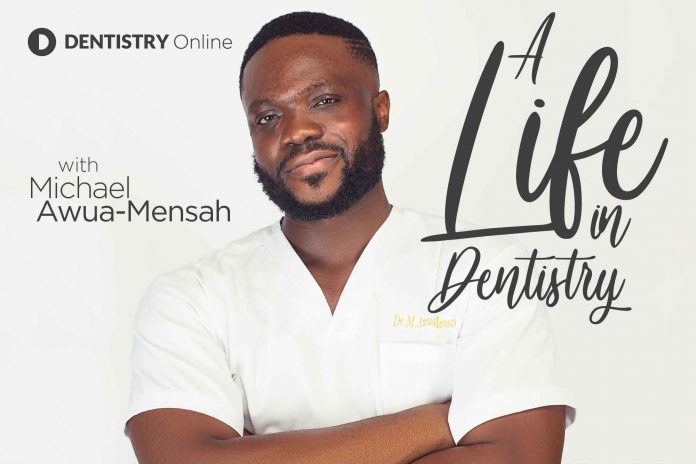Growing up as the last born amongst three (3) children, I mimicked what my older siblings did. When it came to the texture of the toothbrush, brand of toothpaste, duration of brushing and frequency of brushing, I can confidently say that there was little difference. Nobody taught us how to brush. I was taken aback when I had to unlearn some of these brushing habits when I grew older and became a dentist. I suddenly became aware of the fact that brushing hard like there was no tomorrow was a bad habit. Besides, I never even knew what a dental floss was in the first place. Nevertheless, this could be as a result of the low dental awareness of the Ghanaian populace. Many still believe that going to visit the dentist is a luxury rather than a necessity. In today’s segment, I would be providing you with eight healthy (8) oral care practices I wish I knew earlier.
- Do not brush like you are going for war
People have that notion that brushing harder results in cleaner and whiter teeth but this is not the case. Brushing harder, especially with a hard textured toothbrush, will result in the wearing-away of the protective layer of your teeth called the enamel. This leaves tiny tooth cavities towards the gum line and root exposure which often causes sensitivity. Continuous abrasion of the teeth also leads to yellow teeth because once the enamel is lost, the second layer of the teeth is revealed and this layer is naturally yellow in colour. Instead of using a hard bristled toothbrush, use a soft bristled toothbrush to brush for two minutes twice daily.
- Do not rinse after brushing
Who told us to be rinsing after brushing? Well, we all do. Many toothpastes contain fluoride and fluoride is a naturally occurring mineral that is added to toothpaste to help protect your teeth from decay and also strengthen your teeth. Rinsing your mouth after brushing means that we wash away the protective fluoride from your mouth. That sounds counterproductive right?
- Add flossing to your oral care routine
I used to pride myself about brushing regularly during childhood but I was not flossing. I mean, I had not even seen a dental floss before. Some of you may find yourselves in my shoes because we were not raised to use the dental floss. Flossing is equally as important as brushing because it removes plaque and food residues in between our teeth. These are areas that our toothbrushes cannot reach to clean properly.
- Avoid snacking in between meals
It is quite impossible to find a child or young adult who does not love to snack in between meals. Snacking in between meals is a bad habit which increases your chances of tooth decay. The sugar content of the snack is fermented by decay-causing bacteria in our mouths which produce acids that weaken the enamel of our teeth. However, saliva in our mouths play a vital role in reducing these acids. Saliva is at its highest concentration during meal times and at its lowest in between meals. If you would want to snack, it would be better to do that immediately after a main meal so that the saliva in your mouth reduces the acids produced by the decay-causing bacteria.
- Go and see your dentist
The average Ghanaian will only visit the dentist when he or she is in pain. And even before that, they would have tried all sorts of home remedies and applied herbal concoctions from quacks and herbalists. This is an improper practice. If your shoe gets spoilt, you take it to a shoe cobbler but not to a seamstress or mason, right? A visit to the dentist twice a year would go a long way to help prevent so many dental problems.
- Stay hydrated always
Drinking water is very essential to preventing dry mouth. Dry mouth is one of the major contributors to bad breath. Instead of dousing on a cup of soda, always carry a bottle of water with you to meetings and events and and keep sipping on it to avoid bad breath.
- Clean your tongue well
The tongue is often neglected when we brush our teeth. Apart from the fact that we have 20 billion bacteria in our mouths, majority of these bacteria reside on our tongue. The tongue is like a sponge which picks up a lot of food residues and when these residues are not cleaned off the tongue, bacteria feeds on this to produce volatile sulphur compounds (VSCs) resulting in bad breath. Get yourself a tongue cleaner or tongue scraper which is very easy to find in your local community pharmacy, supermarket or dental clinic.
- Do not use your teeth to open bottles
There is a reason why bottle openers were manufactured. In spite of the fact that the tooth enamel is the hardest substance in the human body, it can also fracture when continuous force is applied to it over a period of time. Tiny micro-cracks can develop on your teeth when you use them to open bottles. This can cause an eventual fracture of your teeth.
Thanks for reading.
Stay connected to the Vine. Stay Gorgeous and Stay Professional.

